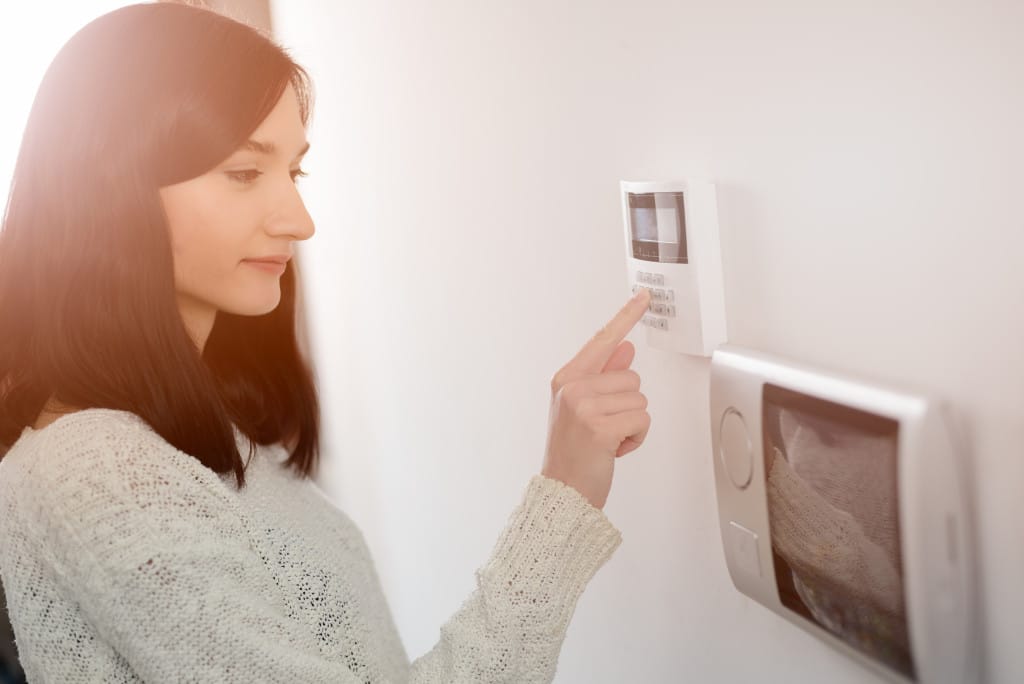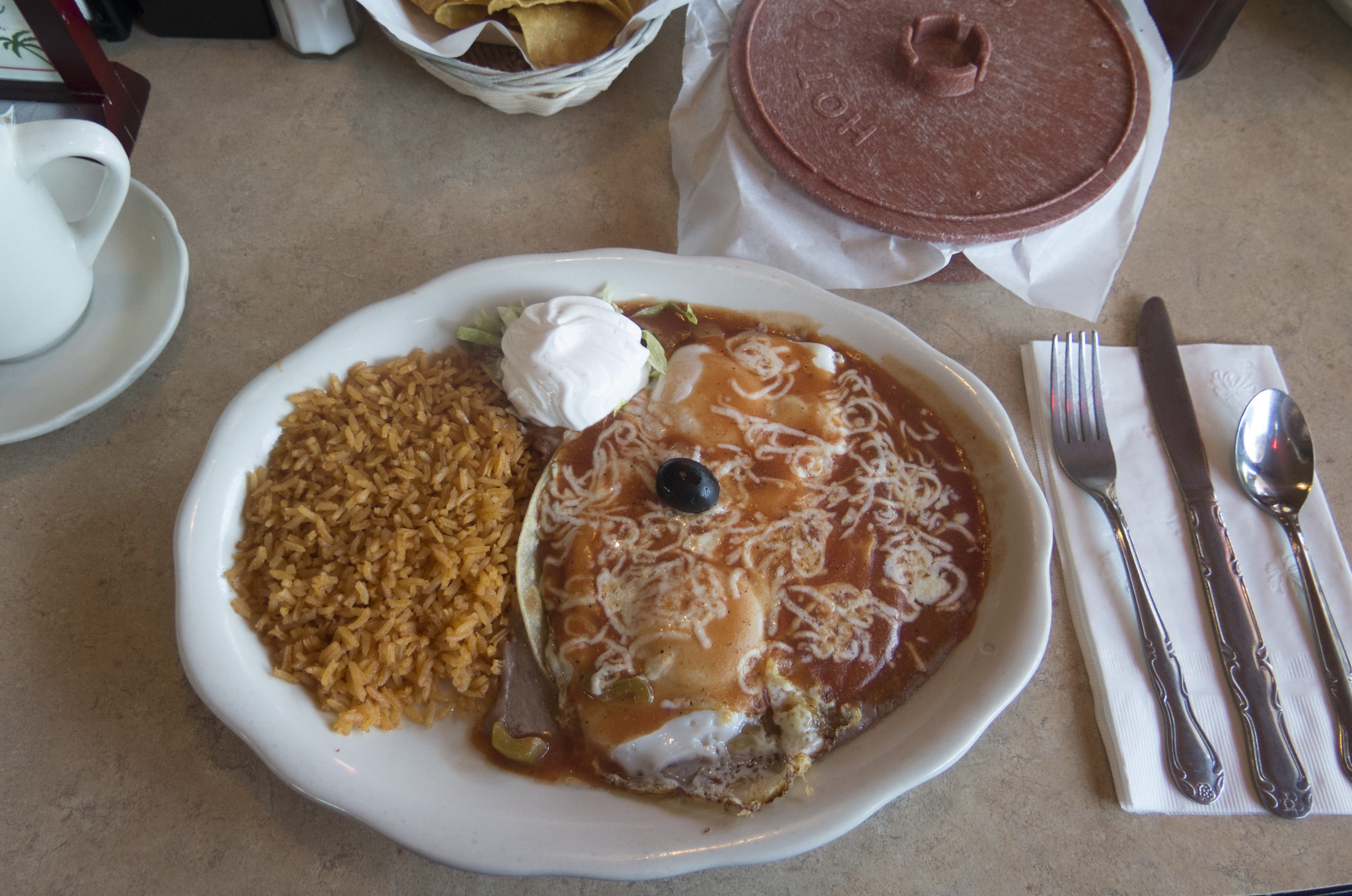Obtaining an alcoholic beverage license is a crucial step for any business that intends to sell or serve alcohol. This process varies by jurisdiction but generally involves several steps to ensure compliance with local, state, and federal laws. Here’s a detailed overview of how businesses can secure an alcoholic beverage license.
Understanding the Different Types of Licenses
Before applying for a license, it’s essential to understand the various types of alcoholic beverage licenses available. These might include licenses specifically for retail stores, restaurants, bars, breweries, or special events.
Each type of license has its own set of regulations and limitations. For example, a restaurant may need an on-premise license to serve alcohol to be consumed within the establishment, while a liquor store will require an off-premise license to sell alcohol intended for consumption elsewhere.
Researching Local Regulations
Alcoholic beverage licensing is heavily regulated and varies significantly from one location to another. Business owners must research the specific requirements and restrictions set by their local alcoholic beverage control (ABC) board or similar regulatory body. This step involves understanding zoning laws, which can affect where alcohol can be legally sold, and community standards, which might influence the approval process.
Preparing the Application
The application process for an alcoholic beverage license can be complex and requires thorough preparation. Applicants typically need to provide detailed information about their business, including the business structure, a list of officers or partners, and the physical layout of the premises. Additionally, they must demonstrate compliance with health and safety regulations and may need to submit to background checks.
Paying Fees and Submitting Documentation
Applying for an alcoholic beverage license usually involves paying certain fees, which can vary widely depending on the type of license and locality. These fees cover the cost of processing the application and the ongoing regulation of licensed establishments. Documentation such as proof of lease or ownership of the premises, building and health inspection certificates, and a detailed business plan must also be submitted with the application.
Public Notice and Community Input
Many localities require that notice of the application be posted at the proposed location and sometimes in a local newspaper. This public posting allows community members to provide input or objections to the issuing of the license. Depending on the regulations in place, there may be a hearing before a decision is made, giving the community a chance to express support or concerns.
Approval Process
Once the application is submitted, the regulatory body will review all materials to ensure compliance with local laws and regulations. This process can take several weeks or months, depending on the complexity of the application and the workload of the regulatory agency. If there are objections or complications, additional steps may be required to address these issues.
Watch the video above to learn more about obtaining alcoholic beverage licensing!.





